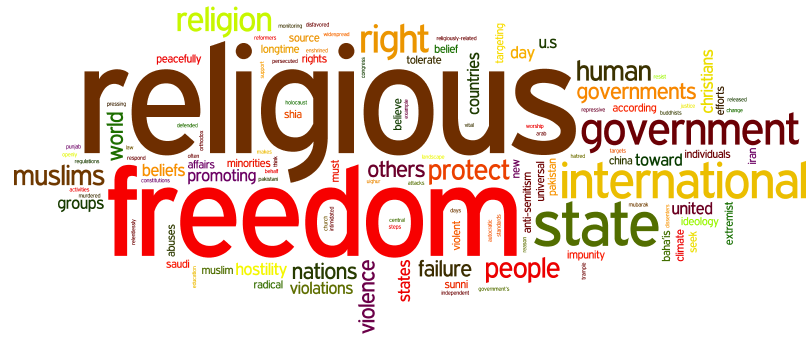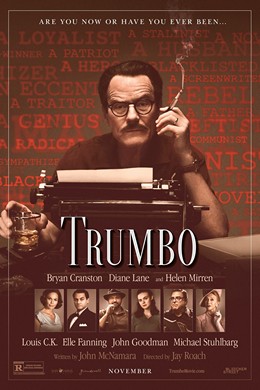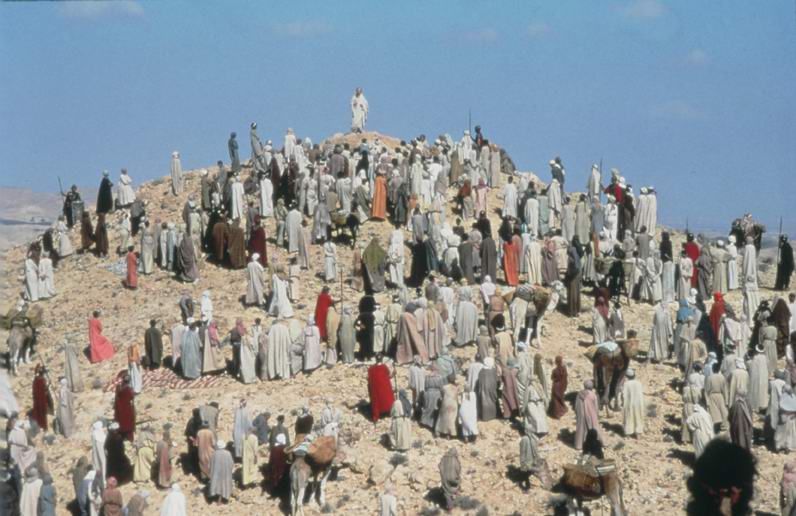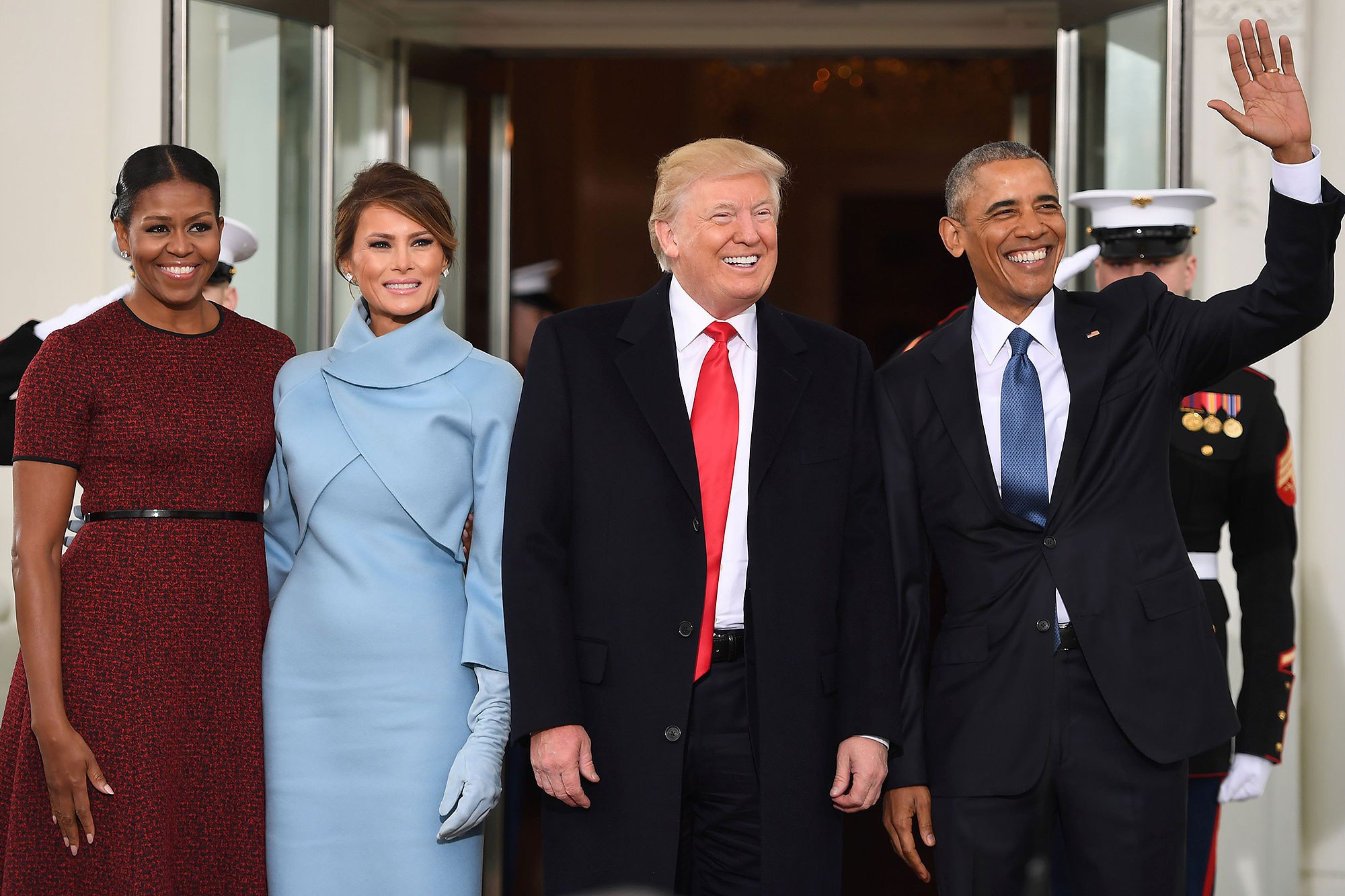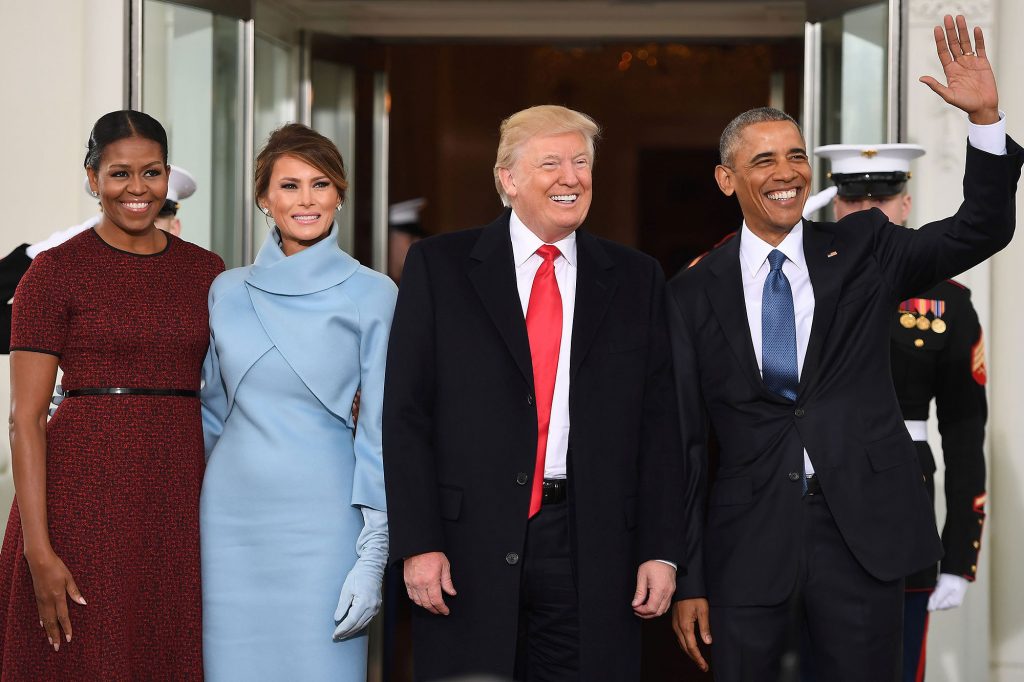
Our words have consequences sometimes when we don’t even know it. A passing comment, a snide remark, a joke, to the person listening, these words can be like daggers to the heart. Sure, it’s all the rage now to say whatever we want and then print a retraction, “I really didn’t mean it,” or some other such thing but the reality is, the damage has already been done. It has been said that we sometimes say things that we do not mean, but again, the reality is if we did not mean them the words would not even form on our lips. Not every thought need to be given voice, but when it does, Jesus provides us with the answer to what we are to do.
“So when you are offering your gift at the altar, if you remember that your brother or sister has something against you, leave your gift there before the altar and go; first be reconciled to your brother or sister, and then come and offer your gift. Come to terms quickly with your accuser while you are on the way to court with him, or your accuser may hand you over to the judge, and the judge to the guard, and you will be thrown into prison. Truly I tell you, you will never get out until you have paid the last penny.”
May years ago I encountered a family that had suffered a death in the household. I knew some of the family members but not all of them. There were two brothers that had not spoken to each other for a very long time, so long in fact that when one brother met the other brother’s teenaged grandson, he did not know who he was because he had never seen him before. After the funeral, all the people gathered at a local restaurant for a meal as was the custom. One brother’s family sat on one side, and the other brother’s family sat on the other, and there was this enormous gulf between them.
As the dinner went on it was revealed that something had been said by one brother to the other brothers many, many years prior, so long in fact that no one could remember what the remark was. I sat there thinking how stupid this was, two brothers, the only family each other had, and because of some words, it ended with this.
So words how power and words have consequences.
As both Pastor Bill and I have mentioned in the last few weeks, we are living at a time of harsh words on both sides of political as well as the religious spectrum and although I like a good political discussion Lets just focus on the religious words.
A lot of attention has been paid to religion in the last year and a half or so and not all of it in a good way. Lots of judgments have been made about who is and who is not a Christian, who is and who is not worthy of preaching the Word of God, what the Word of God is, would Jesus be a Republican or a Democrat, a conservative or a liberal? All of these question and accusations are thrown around by friends towards other friends, by family towards other family and where does it end? With one part of the family on one side of the room and another part of the family on the other. And for what? To be quite honest with you I am sick and tired of it, all of it, politics using religion and religion using politics.
This passage comes in the middle of what we call the Sermon on the Mount. So important is this one chapter of the teachings of Jesus that the people who put the lectionary readings together separated this section out over several weeks of readings. However the common thread in all of this is how we act towards each other, and in the end, the last five verses are about loving not only your neighbor but your enemies.
Jesus preaches or teaches I guess the better way to put it, from his heart. The chapter starts with him standing on a dune teaching the masses but it ends with Jesus speaking with a smaller group of his followers, and the message truly comes from his heart. I would ask that you read all of chapter five and spend some time meditating on the words spoken by Jesus. This is a very intimate moment that is shared between Jesus and his followers and he is talking to them, and to us, from the heart.
In the end, it is not about following some set of rules, in the end, it is all about how we treat one another, like it or not, we are all in this together.
So back to the brothers.
More time had passed, and still, the brothers remained apart, and nothing I could do would bring them back together. I tried everything I knew and asked others advice on how to handle such situations, and nothing worked.
Then the inevitable happened, one brother got ill and was in hospital. There was resistance from all sides on seeing each other. Usually, I respect the wishes of the sick person, but this was too important to let slide. So I was able to arrange a meeting between the two. It was tense at first, and there were others in the room to carry the conversation, and the brothers just sat there, not looking at each other, and the tension in the room was heavy.
Then one of the kids asked what the hell this was all about? It was as if the air was sucked out of the room and time stopped. I was trying to find the nearest hole to climb in as I was the one that brought them all together. I had visions of a fight breaking out right there in the hospital room. After what seemed like hours, it was only second, but everyone was waiting for someone to say something. Now keep in mind this is where I would usually inject some humor but I was paralyzed, and it was as if I could not speak.
Then the brother who was not sick said, you know, I really don’t know but whatever it was is not worth all of this nonsense, and got up, walked across the room, and gave his brother a hug and just like that, it was done. They had been estranged for almost 20 years over something that no one could remember or even cared about anymore. An entire generation had grown up while these two men were apart from each other over something no one could remember.
This is not the only story I have like this, there are many, and not all of them ended like this one did but I use this story as an illustration about what is being said in today’s Scripture passage.
For a first century Jew making a sacrifice in the temple was a way of atoning for their sins. Depending on the sin, and the ability of the person to afford the sacrifice, a different sacrifice was presented in the temple. So important was this sacrifice that people would save up money and goods they could trade and then travel many miles to make it, and Jesus is telling them that if you have an issue with someone leave the sacrifice, go and make up with that person, and then come back. He is saying that if we hold anything against another person, God will not accept the sacrifice until the situation had been cleared up! Just let that sink in for a moment, God will not accept our sacrifice if we hold something against another.
We are at a tense time in our country and in our community. Lots of words have been said and will be expressed in the coming days, weeks, and months. How we respond tells something about us, do we want to be part of the problem or do we want to be part of the solution? I for one would like to be part of the solution, and I think that is the role of the church to build bridges and not walls, to bring people together not to make them take sides and further alienate people.
It is not our job to judge who is and who is not a Christian our job is to love everyone unconditionally, we don’t have to like them, but we do have to love them. We are not better than anyone else, we are all sinners, and we all need God’s grace and they words we say could lead someone to salvation, or it could lead them away.
In the Orthodox tradition, I came from before arriving here, the pastor of the church was charged with the spiritual care and well-being of the congregation that God had entrusted to them. So deep was their belief that it was taught that the pastor would be called on judgment day to answer for everyone that God had placed in their trust. Called to answer for each person, each soul, that was put into my care. Did I help them to become a disciple or did I turn them away?
It has been said that we might be the only Bible many people ever read and that the words we speak and the actions we take will determine the destiny of someone else. Are we the hands and feet of Christ? Are we serving those on the margins as Jesus did? We are feeding, clothing, housing, and welcoming the stranger? Are we bringing people together or are we forcing them apart? Only you can answer that question for yourself.





